Important note: all of the following is not based on my personal opinion or my own research, I used the work of researchers like Donna Hope to create this article. All of the researchers whose work I integrated are indicated at the end.
Jamaican Dancehall culture is loved by an international audience for its contagious vibes, catchy riddims and powerful energy. But where does it all come from? Who created it and what are the messages that Dancehall sends out?
Dancehall is resistance, empowerment and celebration at once. It is a music genre, a physical and metaphysical space, a fashion style and a culture reflecting the harsh life realities of its creators – the marginalised residents of Jamaica’s inner cities. Dancehall fulfils a multitude of meanings and purposes for its adherents: a transgression of socio-cultural norms, a reimagination of identities, new economic opportunities and a temporary escape from the reality of an oppressed people. Let’s take a closer look at this unique phenomenon which is so often misunderstood and underrated in its liberating and revolutionary powers.
To be able to understand Dancehall culture and the multiple meanings it provides for its creators it is necessary to explore the historical, political and social conditions present in Jamaica at the time of its origins. Dancehall as a music genre had its beginnings in the late 1970s and early 1980s, a time of hegemonic dissolution and social unrests.
After Jamaica gained independence in 1962 the two political parties JLP and PNP increased their power by establishing close relationships with inner city communities and youth gangs, turning them into loyal supporters. The result was a sharp increase in gun related violence within Kingston’s ghettos, a condition which has been intensified by numerous murders of innocent youth by police forces.
In the early 1980s, Jamaica experienced severe economic stagnation, forcing the country to seek help from the IMF. The IMF imposed austerity measures had drastic consequences which were felt most by the urban poor: inflation, reduced access to education and health care, high unemployment rates and an increase in poverty and violence.
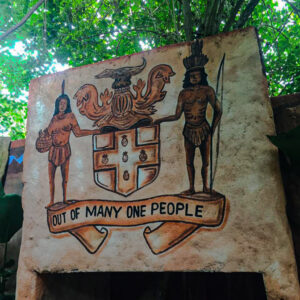
Jamaica’s national motto “Out of many one people” doesn’t really provide a truthful picture of Jamaica’s divided society. Rigid hierarchical structures are in place, which classify residents based on their class, race and gender. Eurocentric norms and Christian values imported and manifested by colonialism still prevail, making it hard for the Black majority of Jamaica’s population to gain economic wealth and accomplish social mobility. While the Black working class has been marginalised, Jamaica’s brown and white skinned elite hold power over the country. Eurocentric gender norms are responsible for the prevalence of a deeply patriarchal system, which impedes the lives of Jamaican females as well as males.
Until the present day residents of inner city garrisons have to face economic and socio-cultural hardships on a daily basis. It is under these circumstances that they created Dancehall – a music genre, a dancing style and a whole cultural complex which has gained a tremendous amount of international attention and popularity. By exploring different elements of Dancehall this article presents how creativity and cultural production offer opportunities for empowerment, resistance and liberation for its creators.
Part 2 of Dancehall a mi everything will be about Slackness and Bleaching as essential components of Dancehall.
Hegemony: Leadership or dominance, especially by one state or social group over others.
Jamaica’s colonial history: Before Christopher Columbus discovered Jamaica in 1494, the Redware people and later the Arawak tribes, including the Tainos, had been the original inhabitants of Jamaica. The Spanish enslaved the Tainos, being responsible for their extinction. Like the English people, who invaded Jamaica in 1655, they enslaved thousands of Black West Africans and brought them to Jamaica, where they were forced to work on plantations. The Africans resisted their oppressors by initiating dozens of revolts, like the Tacky Revolt in 1760, while some managed to escape to the island’s interior mountains, where they formed independent communities known as the Maroons. After being an English colony from 1655 and then a British colony from 1707, Jamaica became independent in 1962.
Bibliography and further literature
Adtelligent TV (May 24, 2020): Out There Without Fear: Jamaica‘s Dancehall Dance – full documentary by Joelle Powe
Clarke, Rubie: Exploring The Politics of Identity and Cultures of Resistance in Jamaican Dancehall Music and Culture. Goldsmith University College, London
Delgado de Torres, Lena: Swagga: Fashion, Kinaesthetics and Gender in Dancehall and Hip-Hop, in Journal of Black Masculinity: The Philosophical Underpinnings of Gender Identity (2011), vol. 1, no. 3
Hope, Donna P. (2011): Dancehall: Origins, History, Future. University of the West Indies, Mona
Hope, Donna P.: From Browning to Cake Soap: Popular Debates on Skin Bleaching in the Jamaican Dancehall, in The Journal of Pan Afrian Studies (2011), vol. 4, no. 4, pp. 165-194
Hope, Donna P.: Gimme di weed: popular music constructions of Jamaican identitiy, in Revista Brasileira do Caribe (2013), vol. XIII, no. 26, pp. 341-368
Hope, Donna P. (2012): Inna di Dancehall: Popular Culture and Politics of Identity in Jamaica. University of the West Indies Press
Hope, Donna P. (2010): Man Vibes: Masculinities in the Jamaican Dancehall. Ian Randle Publishers
Hope, Donna P.: Passa Passa: Interrogating Cultural Hybridities in Jamaican Dancehall, in Small Axe 21 (2006), pp. 119-133
Jessica AK (Oct 13, 2017): Dancehall Documentary – Ep. 1: “Back to Basics“
Niaah, Sonjah Stanley: Readings of “Ritual“ and Community in Dancehall Performance. Institute of Caribbean Studies, University of the West Indies (UWI), Mona Campus
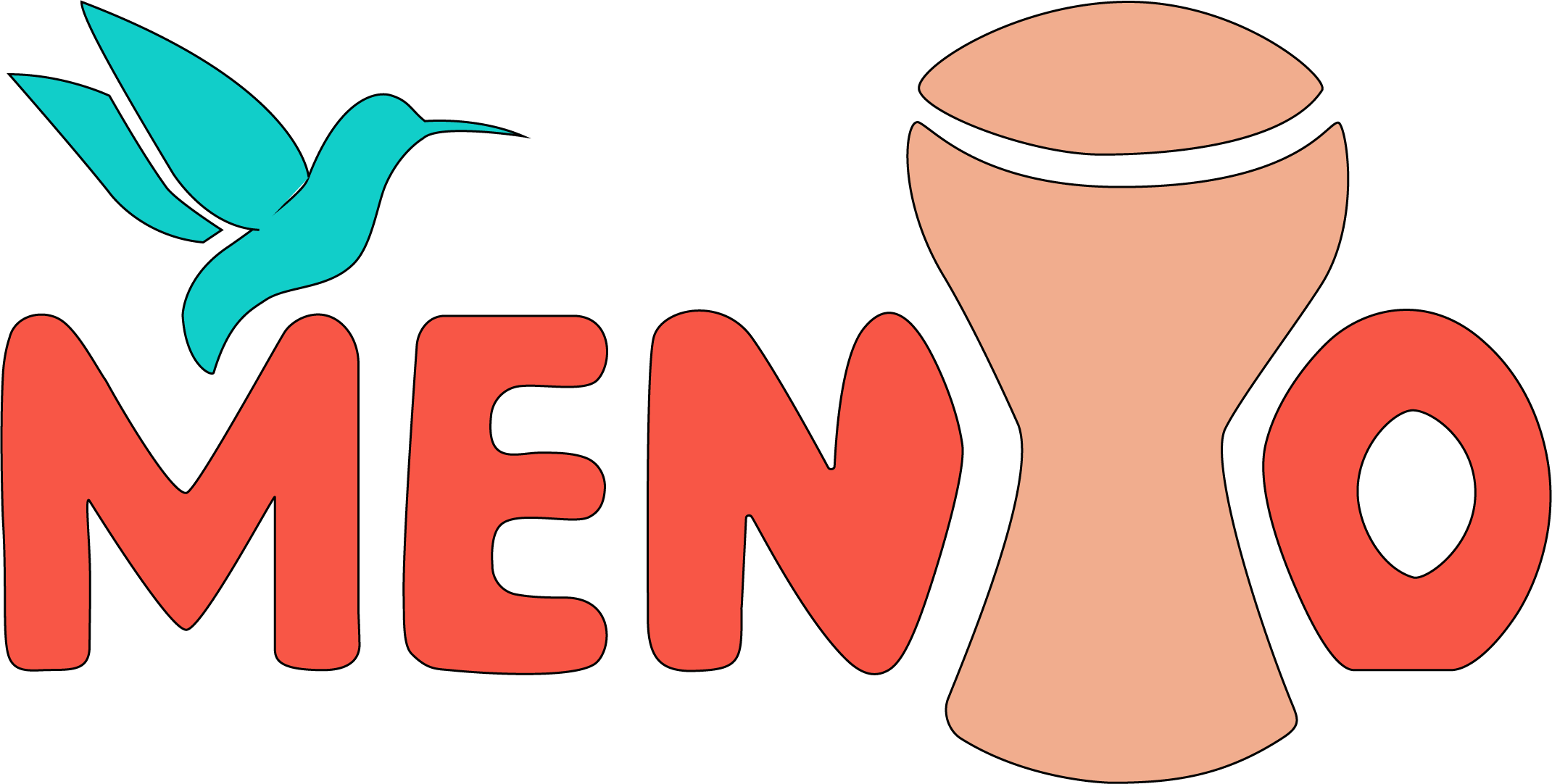
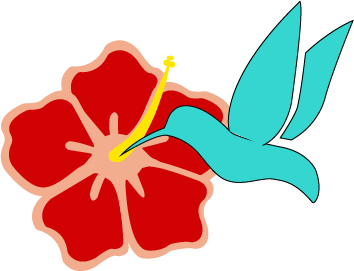
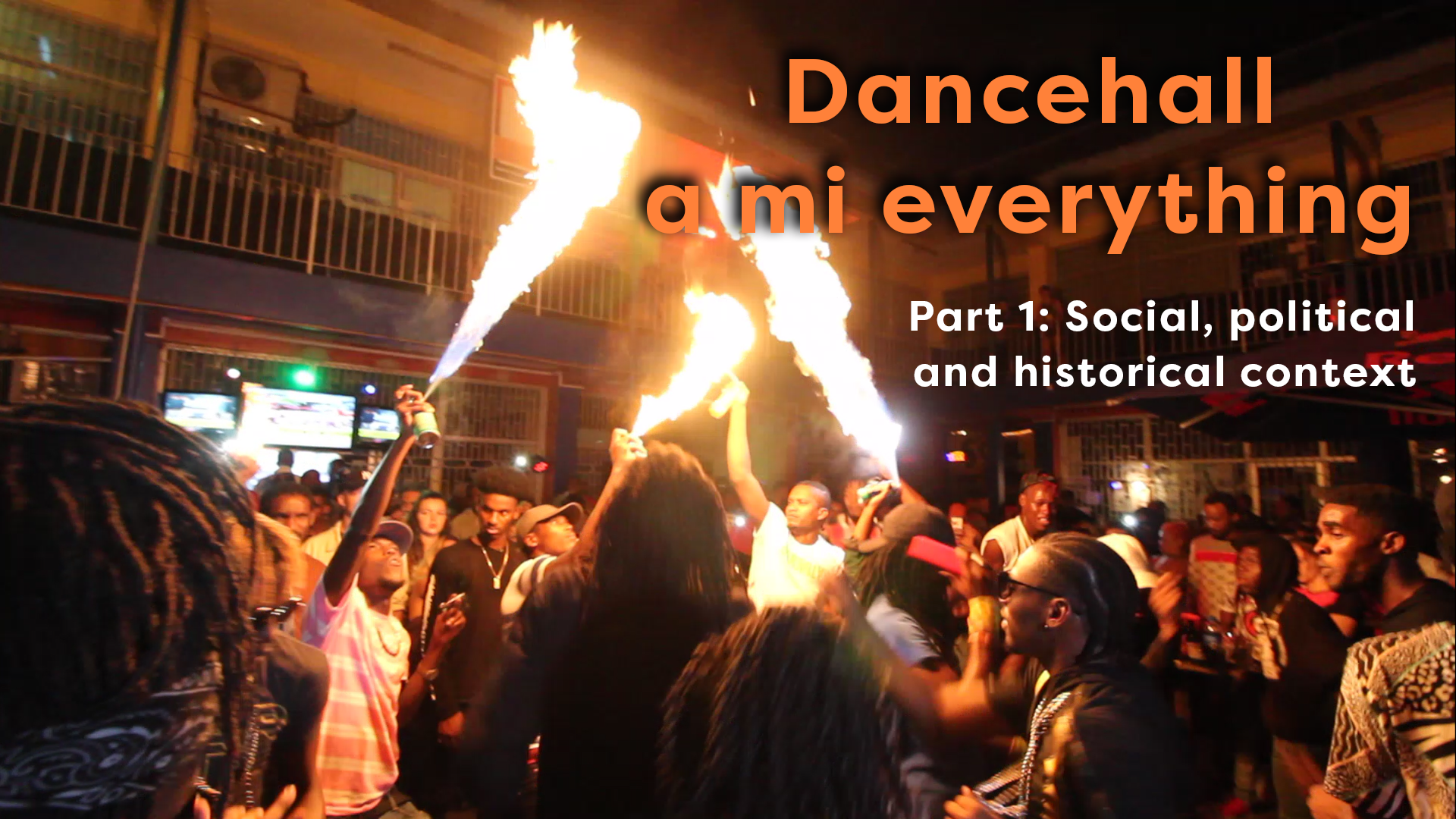
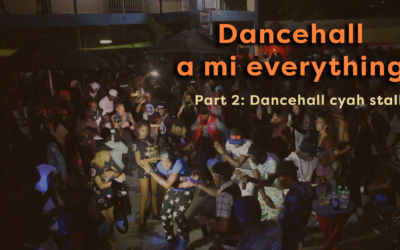
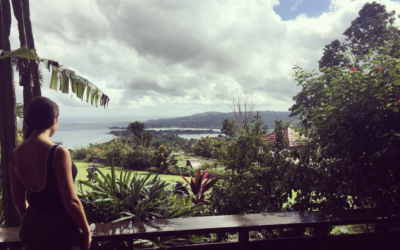
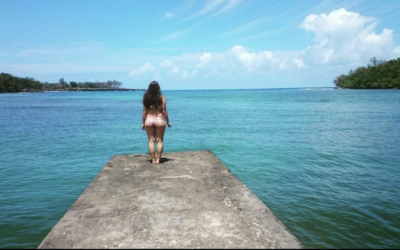
0 Comments